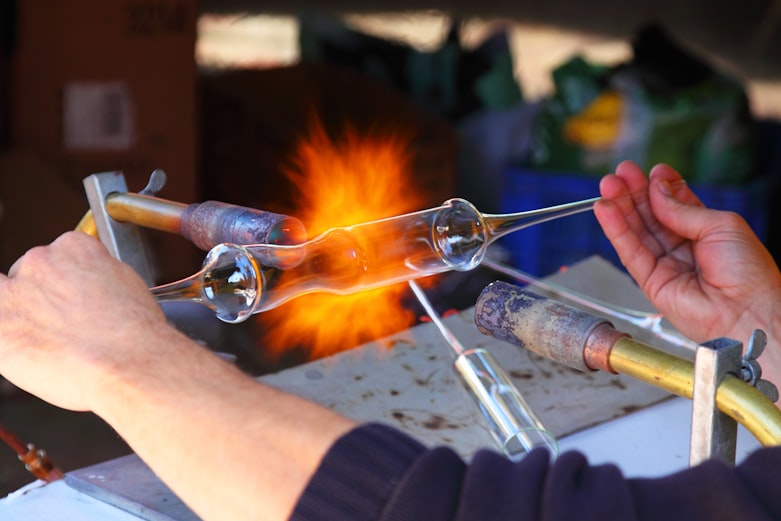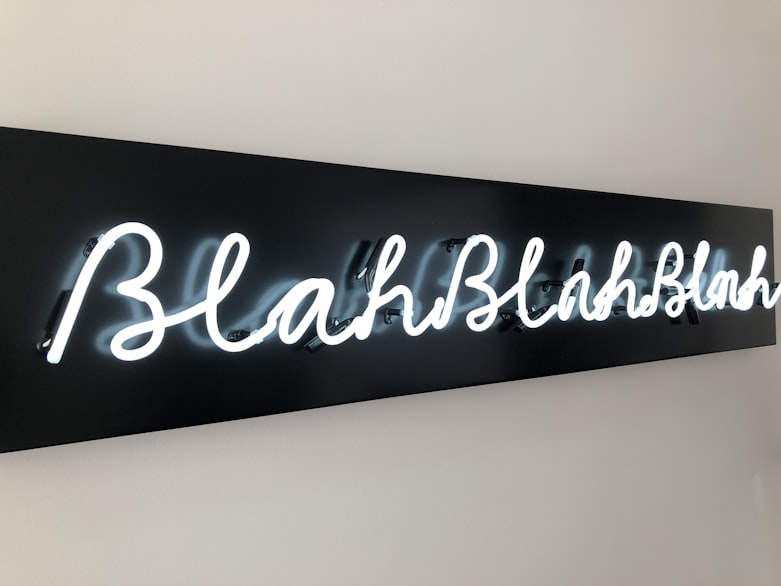After completing their academics, every person tends to opt for working in a suitable company. Either you are a graduate or are still going through your studies, you might encounter a situation where you might be asked for a resume. So you don’t have to worry about it. You can get information regarding what is a resume and how to write it from our blog.

Now the thing that might concern you is how will you get a job if you don’t have work experience. What can you write in your resume that will make it outstanding despite having no work experience? Employers know that you are a fresh graduate and have different judgement criteria for such candidates. However, out of thousands of candidates applying how can you still beat their resume with yours. Read on further to find out.
Opt for a Suitable Resume Layout:
Resume Layout is the format you will be using to write a resume. For beginners with no work experience, it is suggested to use the functional format instead of the chronological one. The following sections are involved in the functional layout of the resume:
- Resume Objective
- Personal Information
- Education
- Internships
- Your projects and extra-curricular activities
- Skills and Interest
Besides these, you can add other sections as well that will glorify your resume like certifications, memberships, languages etc.
Let us look into each section in further details.
Career Objectives:
Career Objective is the first set of sentences that a recruiter reads while going through your resume. It indicates your professional goals, and the skills that you can offer that will benefit the company. There are times when recruiters have loads of resumes to go through so they only skim through your resume or sometimes even read your resume objective and decide. So it is essential to make it a striking one, especially for beginners.
What does it include? Your skills, goal and field of study.
Where is it added? The header of your resume.
Remember that the attractive your career objective statement, the more it will compel the recruiter to read on further.
Personal Information:
Personal Information is an integral part of the resume. If you are considered for an interview by the recruiter, they will contact you via one of the contact information that you added to your resume. Additionally, the section also gives an overview of your personal information.
What does it include?
Your Full Name, a short tagline that describes you, email address, mobile phone number, landline number, city and country of residence and links to your professional social media handles or website (if you have one).
Never use a funky email address that you made in school. Make a professional one like yourname@gmail.com or yourname@hotmail.com. A funky email address sends a pretty negative impact on your recruiter.
Education:
You are writing a no work experience resume, henceforth, your educational background will be of interest to the recruiter. Resumes that include work experience don’t necessarily emphasize the educational background. You’ll be including each area of your education in detail here that will highlight your skills, coursework and result.

What do you have to include
- Name of the institute
- Years you studied there
- Name of the degree
- Your CGPA, Percentage or Grade
- The coursework you underwent through
- Projects you took part in
- Competitions that you attended
- Any achievements or awards you were associated with
The bullet points added will be enough to describe yourself. These details will make the recruiter know enough about you to make his decision to call for an interview. He will get to know how opportunist you are, what challenges you faced, how committed you were, what your academic record has been and much more.
Internships:
Job recruiters receive a huge number of applications for a single job opening. You are also among those huge number of application if it matches your career. How will you distinguish yourself from the other candidates who have also applied? By including relevant experience that will glorify and differentiate your resume.
Internships are one such experience that separate one candidate from another. If you have done internships that are relevant to the position you are applying for then mention it.

What does it include? The Internship title, company name, duration of the internship, what responsibilities you had and what did you learn there.
Internships prepare you for the corporate world during your university life. Be it paid or unpaid, Internships land you in a professional environment and make you experience the roles and responsibilities there. It is the best tool after an education that exalts your resume since it almost acts as the work experience.
Relevant Informal Work Experiences:
This section will include all the projects/volunteering/tasks that you performed that boosted your skills and experience. They put a great impression on your resume since it will make the recruiter understand that the candidate was not involved in academics but participated in other stuff that benefits him/her.
Extra-Curricular Activities and Volunteering tell a lot about yourself. The internship represents the professional exposure of a candidate while extra-curricular and volunteering represents your motivation for diversity. Recruiters will probably be interested to recruit a person with a higher CGPA but if another candidate with low CGPA offers an amalgam of informal work experience then he’ll opt for the latter. Why? Because they’ll now have information about yourself apart from academic milestones and they’ll have an impression that the candidate is committed, dedicated and passionate.
What can you add to this section? Name of the organization or team, your role, period, notable achievement or award.
Similarly, Projects are a great way to make the recruiter understand how capable you will be if a project is handed to you in corporate life. You can add all the projects you were assigned during your school, college, university or internships.
Skills:
Skills are another essential section that can hone your resume. They define who you are and what you are capable of. After looking at the skills an employer would understand whether the candidate will be of value to the company or not. Since the work experience is not present your selection criteria is tempered by the required skills for the job.
Two types of skills illuminate your resume: Soft Skills and Hard Skills.
Soft Skills: Such skills describe your work behaviour and indicate whether you are fit for a certain job or not. They are not job-specific but essential to decide a candidate’s professional future. They apply to nearly any industry. Examples of Soft Skills include – Communication Skills, Teamwork, Critical Thinking, Leadership, Managerial Skills, Time Management, Positive Attitude and much more.
Hard Skills: Hard Skills are different from the above-mentioned skills. They don’t come naturally at hand but they are taught to through specialized education or training. They can be job-specific so you must carefully add them to your resume, keeping in mind they are not irrelevant to the job you are applying for. These skills come in handy in a specific job role and responsibility. Examples of Hard Skills include – Technical Skills, Computer Skills, Marketing Skills, Writing Skills, Analytical Skills, Software Skills, Project Management Skills, Design Skills, Coding and the list goes on.
So what should you be listed in your resume?
You are a candidate with no professional work experience so the employee wouldn’t be expecting much of hard skills from you. On the other hand, the soft skills that beginner candidates include become cliché since everyone adds the same soft skills in their resume which makes the employer bored. He needs to see something unique. It is correct to say that employer value soft skills over hard skills but what will he do if he finds almost the same soft skills listed in every resume.

List down the hard skills that you believe you inherit. If you are good at Marketing then add Marketing skills, if you can handle projects easily then add project management skills, if you can use software proficiently then add Software Skills. These skills will be the differentiating factor between you and the other candidates.
However, make sure to prioritize the skills first that are relevant to the job you are applying for. In Addition to that, add skills that you can defend; skills that are proven from your Educational Background, Internships, Extra-Curricular, Volunteering and Projects. Therefore, only add the skills that are self-evident from the upper sections because then it will create a bad impression towards your profile. Even if you are called up for an interview and you can’t defend your skills then it will create a negative impact.
How to add the skills? List them down and prioritize them in relevancy to the job you are applying for.
Other Sections:
Do you still have space on your resume and have more stuff to add? You can proceed. You are a fresh graduate so you have to include everything that proves that you are the right person for the job.

What other sections can you add? Language, Interests, Hobbies, Certifications and Memberships.
- Language Skills are important in the corporate world especially if you are bilingual. In this era bilinguals or polylingual are considered more exquisite than monolinguals. Example: English (Native), Spanish (Conversational).
- Interests and Hobbies highlight your instincts and may interest the employer who’ll get to know the personal side of yourself. Example: Football, Bookworm.
- Certifications are proof of the skills that you listed above. You can also add certifications of informal work experience that you listed above but that is not necessary. Example: 30 Hours Training Course on “ANSYS Computational Fluid Dynamics and Finite Element Analysis” – ANSYS Academy Certification.
- Memberships or Affiliations that are relevant to your field must be added to the resume. Example: Student Affiliate Member of Institution of Mechanical Engineers.
What can you add to this section? Title of a project, duration, period, organization, outcome and achievements.
Be sure to add the informal work experiences that show your growth due to participating in them. They must be such that they indicate your professional growth from an early age. Extra-Curricular Activities, Volunteering and Projects that highlight your skill build up in Communication, Leadership, Teamwork, Research and Managerial Skills will benefit you and distinguish your resume from others.
Few Tips

Make it one-pager
Your resume must be influential but compact. The employer won’t be reading it fully; he/she’ll just skim through it. Make it such that he/she gets a good gist of what you are through the resume.
Proofread
Review your resume several times because there will be errors. You can’t send a document with errors to the employer.
Write a Cover Letter
Improve your chances of getting a call for an interview by writing an impressive cover letter.
Keywords
Use words mentioned in the job-ad as keywords in your resume. In case employers use applicant tracking system to scan the resume, your resume is detected as well.
